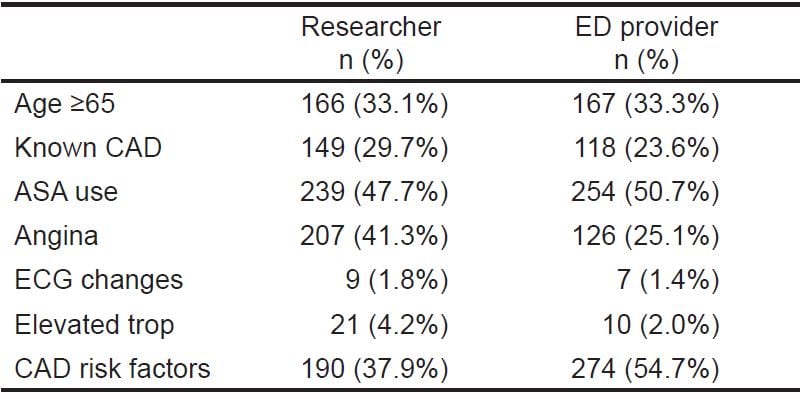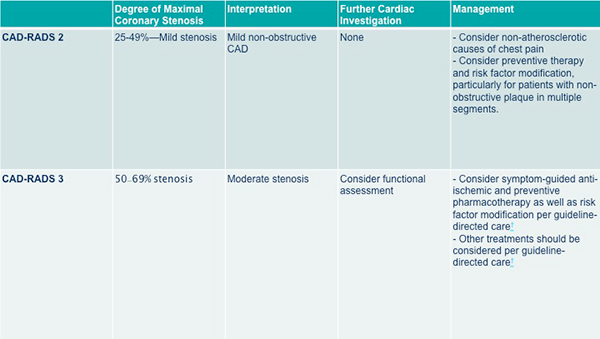

Sometimes, a gradual buildup of fat and cholesterol (plaque) hardens and narrows your arteries ( atherosclerosis). Coronary arteries and their smaller vessels supply this blood. Your heart is a muscle that needs a constant flow of oxygen-rich blood to work properly. In acute coronary syndrome, a blockage stops blood flow to slow or stop. Acute coronary syndrome, a type of CAD, causes almost 400,000 deaths every year, most often among people assigned male at birth and those with underlying coronary heart disease. Inflammation of the pericardium ( pericarditis).Ĭoronary artery disease (CAD) is the most common heart disease in the U.S.Indigestion, chronic acid reflux (GERD) or esophageal spasms.Blood clot in your lung ( pulmonary embolism).Aortic stenosis (narrowing of your aortic valve).Get prompt medical care so you can get an accurate diagnosis and the right treatment. Other conditions can cause non-cardiac chest pain and symptoms resembling acute coronary syndrome. High blood pressure, preeclampsia or diabetes during pregnancy.Īre there other conditions like acute coronary syndrome?.Family history of chest pain, heart disease or stroke.Age (people assigned male at birth who are over 45 years of age or people assigned female at birth who have completed menopause).Ĭonditions you have (or had) and family history:.However, certain risk factors raise the likelihood of developing ACS. It occurs when blood flow to your heart is fully blocked for a long time, affecting a large part of your heart.Īcute coronary syndrome can affect anyone. ST-elevation myocardial infarction: A STEMI is a much more severe heart attack that providers can detect with blood tests and EKG.It means your coronary arteries aren’t fully blocked or were blocked for a short amount of time. Non-ST-elevation myocardial infarction: An NSTEMI is a heart attack that providers can detect with blood tests but not with an electrocardiogram (EKG).It’s a warning sign of a heart attack and occurs when stable angina worsens. Unstable angina: This involves sudden, unexpected chest pain or pressure, even while resting.Where blood flow to your heart is blocked.What types of heart conditions does ACS include?Īcute coronary syndrome involves three types of coronary artery disease that damage or destroy heart tissue. If you think you're having a heart attack, take an aspirin and call 911 immediately. Prompt treatment is important to ease symptoms and prevent complications. Common signs include chest pain or pressure ( angina), shortness of breath (dyspnea) or dizziness.Īcute coronary syndrome is a medical emergency that requires immediate attention. People with ACS can experience unstable angina or a heart attack (myocardial infarction). These potentially life-threatening conditions occur when a blockage causes blood flow to your heart to suddenly slow or stop.

Acute coronary syndrome (ACS) is a broad term for three types of coronary artery disease that affect millions of people each year.


 0 kommentar(er)
0 kommentar(er)
